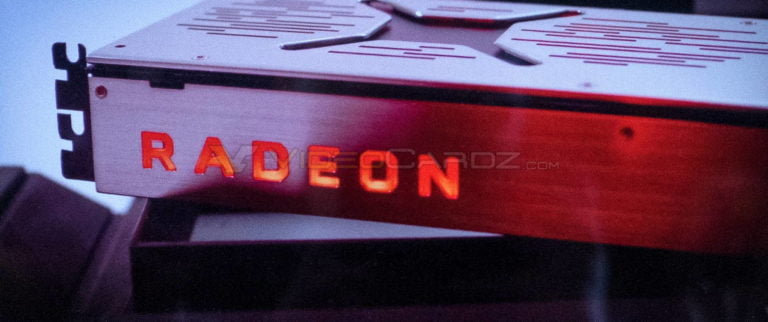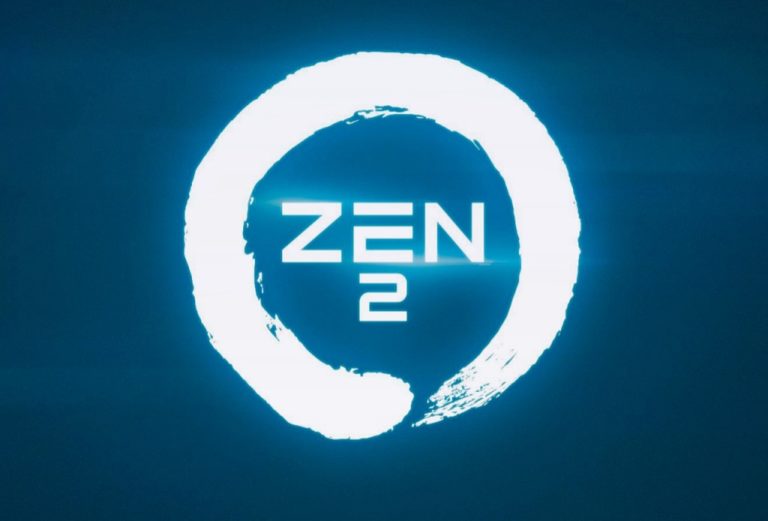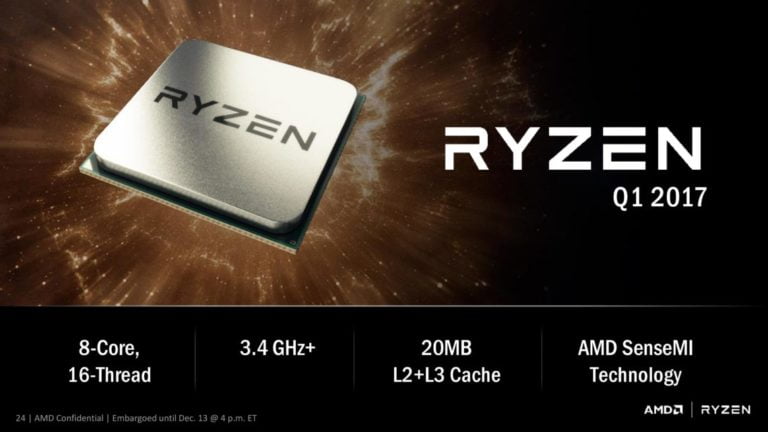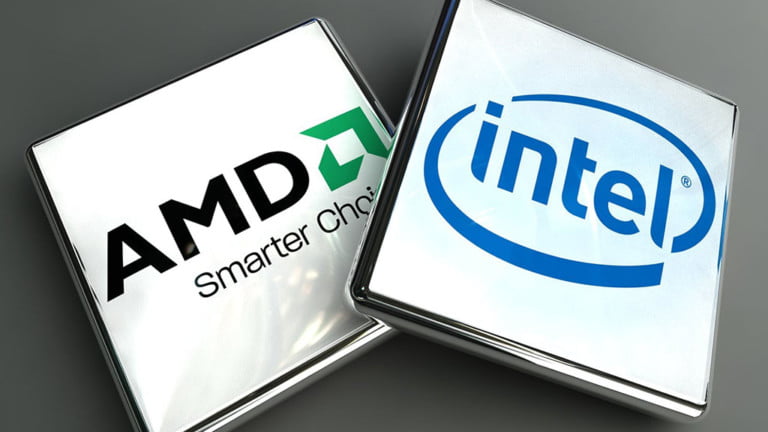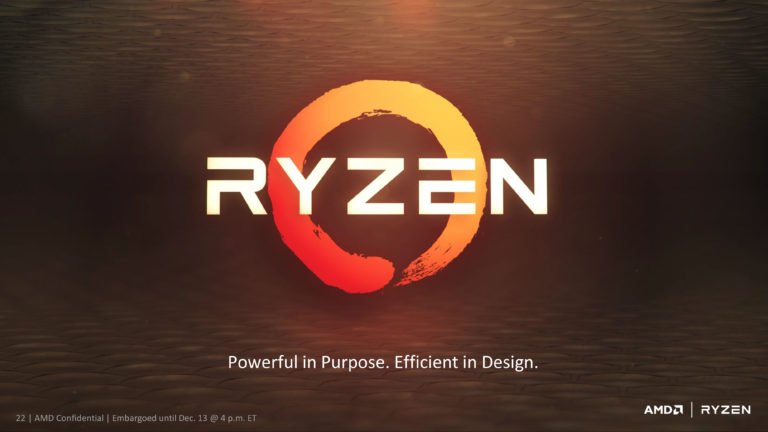Intel 10nm Cannon Lake CPUs Delayed Until Late 2018
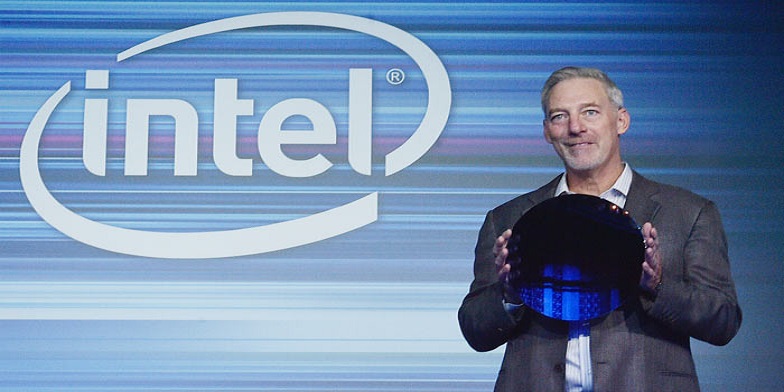
For the third time, Intel has delayed the launch of their first 10nm Cannon Lake CPUs. This comes via a report from DigiTimes, stating that Cannon Lake won’t be available to consumers until the end of 2018.
Originally planned for mid-2017, Intel Cannon Lake architecture is set to appear in the ultra low power chips designed for the next generation 2-in-1 and ultrabook devices. Intel CEO showcased a Cannon Lake-based notebook back in January at CES. At the time, many people thought the company was pretty close to launching the architecture. But it isn’t so.
READ ALSO: Intel Core i7-8700K Overclocked to 5.0GHz, Cinebench R15 scores also Leaked
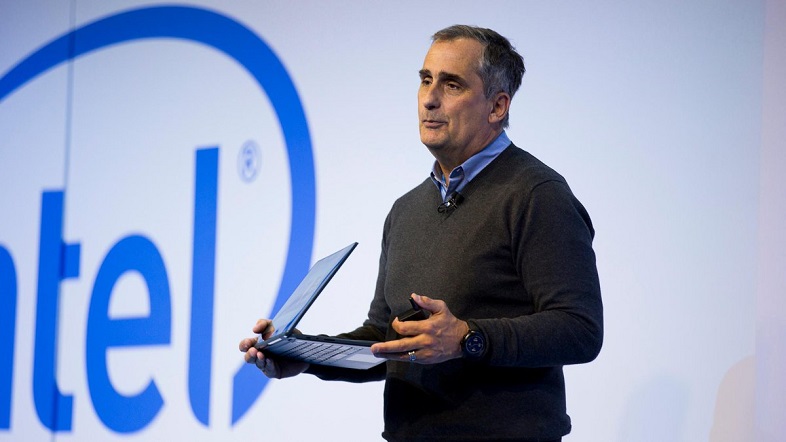
It seems that Intel 8th Gen will only include the 14nm+ Kaby Lake refresh and the 14nm++ Coffee Lake families. That is obviously not a good news for laptop manufacturers who were hoping to get their sleek new machines out in the market before the arrival of Ice Lake, the second iteration of Intel’s 10nm architecture.
On that front, Digitimes reports that some of the manufacturers are already planning to skip Cannon Lake architecture and move straight to the Ice Lake platform. In fact, Eurocom recently revealed that they will update their Tornado F5 laptop to Intel’s brand-new Z390 chipset, supporting Ice Lake 8C/16T CPUs.

According to Intel, Ice Lake will deliver “amazing performance and responsiveness,” and will hit the market soon after Cannon Lake launches. So if everything goes by plan and there are no more delays, Ice Lake could arrive in early 2019 alongside Z390 motherboards.
It’s interesting that the rumors of the 10nm delay are making rounds when Intel itself is busy showing off 10nm production wafers (featured image above) at their Technology and Manufacturing Day in Beijing, China.
The firm hasn’t revealed much about its 10nm Cannon Lake CPUs, but they are expected to perform 25% faster than Kaby Lake, while consuming 45% less power.

![Intel Hyper-Threading for Gamers: Here’s the Core i7 6700K HT Benchmarks [2016 AAA Titles]](https://digiworthy.com/wp-content/uploads/2016/12/Intel-Hyper-Threading-Core-i7-_-01.jpg)
